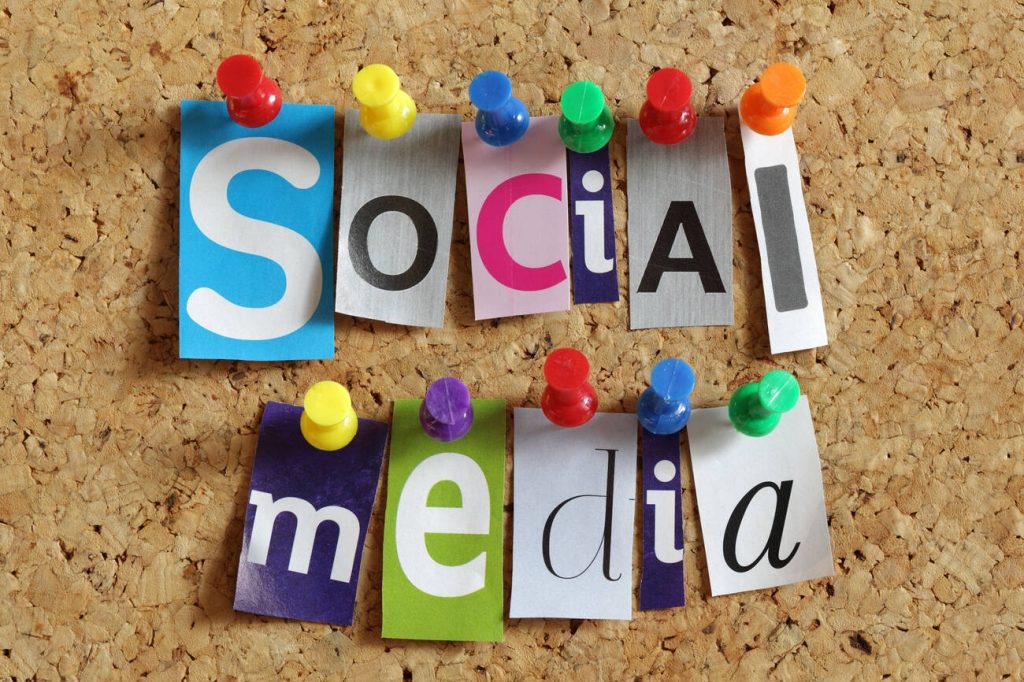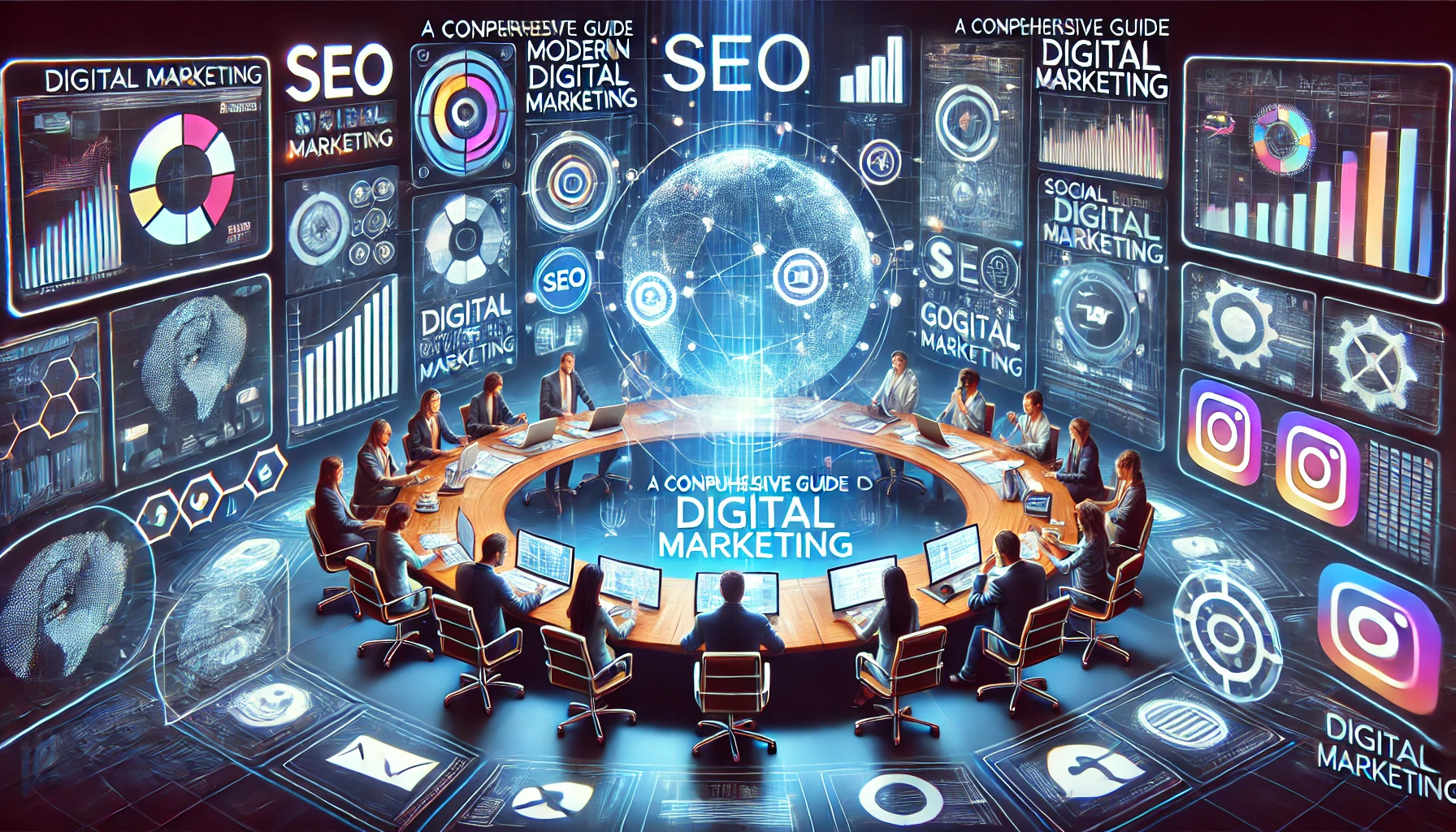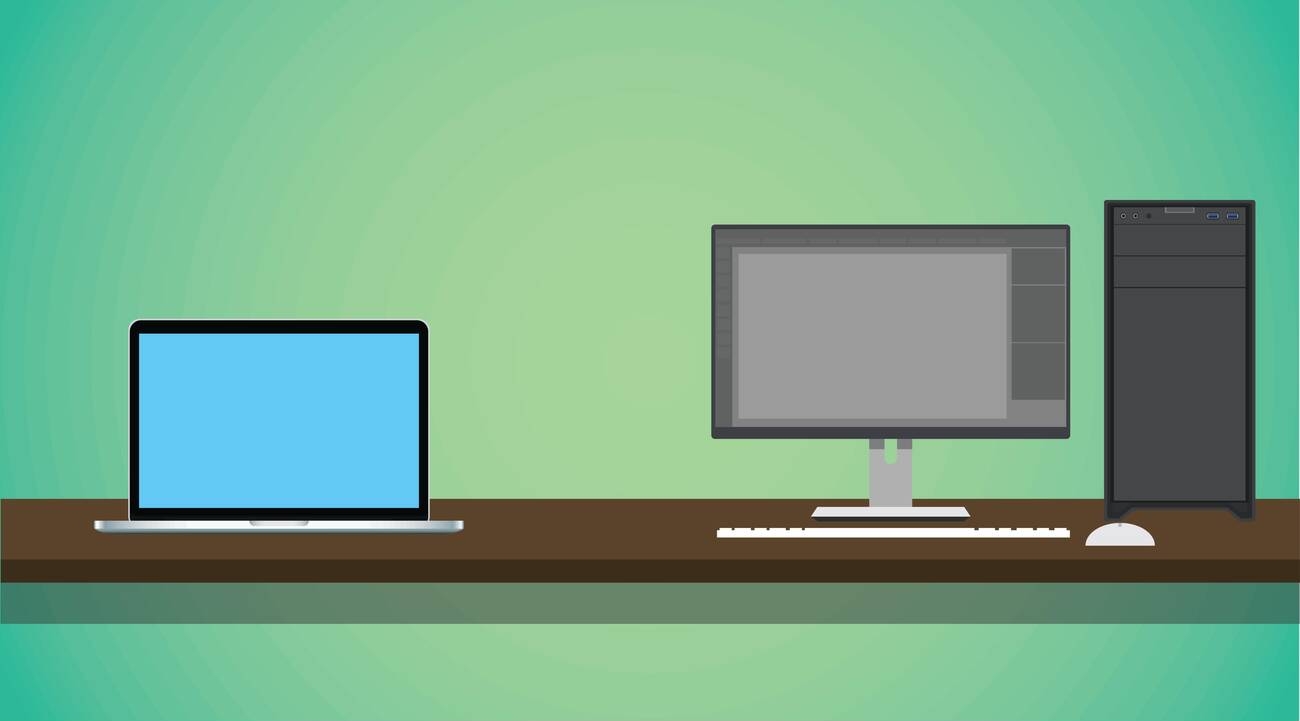In the years the internet has grown, and forums and many platforms allowing discussion have spawned and taken center stage. Once upon a time, it was AIM, then Myspace and now we see platforms like Twitter, Facebook, and Reddit take the top spots when it comes to social media.
We often think of these platforms as small podiums for everyone to yell their opinions from the virtual rooftops, but the reality is a bit different. Following the 2016 American elections and many scandals relating to Facebook, a darker side of social media has been addressed in the media. While we thought we were spreading our opinions, were these platforms secretly influencing their users’ opinions?
One of the first ways social media influences people’s opinion is through popular peer pressure. The more something is spread on the internet the harder it becomes to separate the truth from lies. For example, in recent years, the story of the Ghost of Kyiv took the internet by storm to a point where even today people still report on its existence.
The Ghost of Kyiv was an alleged Ukrainian pilot who had allegedly taken down more than thirty Russian planes. While the story may seem inspiring to some, the reality of it was much different. A tweet showing a video of the mysterious Ghost of Kyiv taking down a plane reached almost 2 million views on Twitter. That is a single tweet out of many. The video in said tweet showed a plane coming out victorious of a dogfight, but in reality, this video was not only not from the Ukrainian conflict, but it also was not even real footage.
This fake news spread video game footage as not only real footage but as news in a time of real-life conflict. While resources like Snopes exist, they can hardly keep up with the amount of false information spread on the internet daily.
The other worrying trend coming to light recently is the way social media has learned to target content to audiences. Individuals and organizations buy Reddit upvotes and Twitter likes to spread their messages. But the way Facebook Ads work, for example, the algorithm has learned to target ads to people based on their post and message history but also based on where they are.
So, the worry is that people have become radicalized because social media create echo chambers for users by surrounding their daily use with content further and further into their interests, making it quasi-impossible for them to have any look into different groups or views.
Political ads have also been an issue since by targeting people of a certain region with certain candidate ads, the question has been raised, should this level of involvement be considered interfering with elections or steering voting bases?
With social media being so new in our society, especially when it comes to algorithmic advertisement targeting, the laws are mostly nonexistent. A lot of unknowns remain as to the logistics and moralities of the ever-evolving systems that surround social media use.
While these examples are negative, there’s also been a lot of positive coming from wide exposure on the internet. The widespread presence of diverse groups online has made it so social media have steered public perception of certain marginalized groups towards kinder and more accepting attitudes.
It has also helped to expose a lot of important issues may it be relating to the environment or political issues to people who would’ve never heard about them otherwise. It also has had the effect of fighting back against fake news, a problem it created itself, but a strong positive. So there need to be proper mechanisms to protect users from false information and encourage better communication, to aim to be truer to the initial mission of social media.
As you can see social media do have the power to influence opinions, for better or worse. It is up to us and our governments to see what we are ready to do to make sure these great tools are used properly and to prevent the wide spread of false news that could put people at risk. May it be financial scams or fearmongering regarding health and safety situations that affect the whole world.



